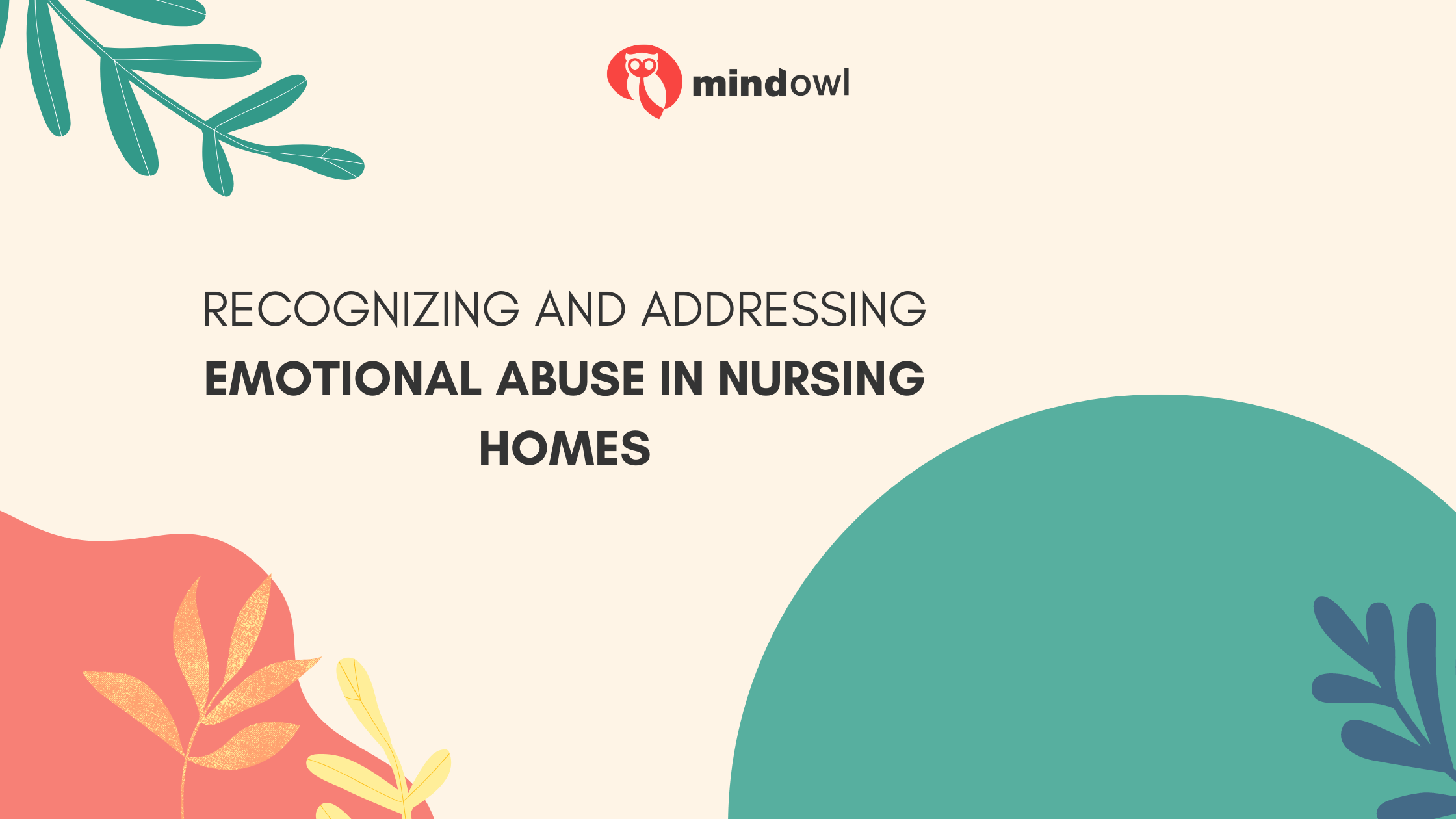Emotional abuse in nursing homes is a serious and often overlooked issue that can have devastating effects on the mental and emotional well-being of elderly residents. Unlike physical abuse, which leaves visible marks, emotional abuse is more insidious, manifesting in ways that can be harder to detect. This blog will explore what constitutes emotional abuse, how to recognize the signs, and the steps you can take to address it, ensuring the safety and dignity of your loved ones
When emotional abuse is suspected, contacting an attorney who specializes in nursing home abuse is a critical step. A nursing home abuse attorney in Louisville can also help ensure that the nursing home is held accountable for its actions. This can include pursuing compensation for damages, advocating for policy changes within the facility to prevent further abuse, and working with law enforcement to prosecute offenders.
Understanding Emotional Abuse
Emotional abuse in nursing homes is a serious issue that can significantly impact the well-being of elderly residents. This type of abuse is often subtle, making it difficult to recognize. Emotional abuse involves actions that cause psychological harm, including intimidation, humiliation, isolation, and verbal assault.

Common Signs of Emotional Abuse
Recognizing the signs of emotional abuse is the first step to addressing and preventing it. Some common indicators include:
- Sudden Changes in Behavior: Residents may become withdrawn, depressed, or anxious.
- Unexplained Fear or Nervousness: Fear of specific staff members or extreme reactions to certain situations may indicate abuse.
- Loss of Appetite or Weight Loss: Emotional distress can lead to significant changes in eating patterns.
- Insomnia or Sleep Disturbances: Anxiety and stress from abuse can disrupt sleeping patterns.
- Avoidance Behavior: The resident may avoid eye contact or become evasive during conversations.
Causes and Risk Factors
Several factors can increase the risk of emotional abuse in nursing homes:
- Staffing Issues: Understaffed facilities may lead to overworked and stressed employees, increasing the likelihood of abuse.
- Lack of Training: Inadequately trained staff may not have the skills to handle challenging behaviors without resorting to abusive tactics.
- Isolation of Residents: Residents who are isolated are more vulnerable to abuse as they have fewer chances to report it.
- Resident’s Condition: Cognitive impairments, such as dementia, can make it difficult for residents to report abuse or be believed.
Addressing Emotional Abuse
If you suspect that a loved one is experiencing emotional abuse in a nursing home, it is crucial to take immediate action. Here are some steps you can follow:
1. Talk to the Resident
Have a private, empathetic conversation with the resident to understand their experiences. Be patient and listen attentively, as they may be reluctant or afraid to speak up.
2. Document Your Observations
Keep detailed records of any signs or symptoms of abuse, including dates, times, and descriptions of incidents. Documentation is essential for any subsequent investigations.
3. Report the Abuse
Report your concerns to the nursing home administration. If the issue is not resolved, contact relevant authorities such as the long-term care ombudsman, adult protective services, or law enforcement.
4. Seek Professional Help
Professionals such as social workers, therapists, or counselors can provide additional support to the abused resident and guide you in handling the situation appropriately.
5. Consider Alternative Options
If the abuse persists despite efforts to address it, consider moving the resident to a different facility where they can receive proper care and respect.
Preventing Emotional Abuse
Preventative measures are crucial to ensure the safety and well-being of nursing home residents. Here are a few strategies:
- Staff Training: Regular training programs focusing on recognizing and handling emotional abuse can equip staff with the necessary skills.
- Adequate Staffing: Ensuring that the facility is adequately staffed can minimize stress and reduce the likelihood of abuse.
- Resident Monitoring: Frequent check-ins with residents can help identify and address any signs of abuse early.
- Open Communication: Encouraging open lines of communication between residents, families, and staff creates a supportive environment where abuse is less likely to occur.
By being vigilant and proactive, families and caregivers can help protect elderly residents from emotional abuse and ensure they receive the compassionate, respectful care they deserve.
MindOwl Founder – My own struggles in life have led me to this path of understanding the human condition. I graduated with a bachelor’s degree in philosophy before completing a master’s degree in psychology at Regent’s University London. I then completed a postgraduate diploma in philosophical counselling before being trained in ACT (Acceptance and commitment therapy).
I’ve spent the last eight years studying the encounter of meditative practices with modern psychology.

